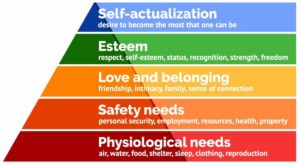
Our house, it has a crowd
There’s always something happening
And it’s usually quite loud
Our House, Madness (1982)
I’ve occasionally wondered which House I would have been allocated to by the Hogwart’s sorting hat. I even once completed a spurious online quiz to find out and kept on ending up in Hufflepuff. This House allegedly promotes hard work, loyalty and fair play above all else; noble values indeed, though let’s face it everyone wants to be in Gryffindor. At least I didn’t end up in Slytherin hanging out with snakes.
Hogwarts has, of course, over recent years become synonymous with the archetypal notion of the traditional ‘public school’ and along with gowns and gothic turrets, its Houses are a fundamental part of its DNA. In reality, this is something of a crude stereotype; there are quite a few independent schools across the UK that don’t have House systems and many state schools that do. What seems to be true is that after a low point during the 80s and 90s, when the year group structure became more prevalent in many schools, Houses (with pupils of all ages) have made a big comeback more recently.
With the re-established and reinvigorated House system in the Senior School at King’s celebrating its first birthday, we have an appropriate opportunity to reflect upon the year and remind ourselves why Houses so work well.
Firstly, I should say that I am a product of the House system. Webster was the name of my day House at Cranbrook School in Kent and whilst I still cringe at the memory of the gaudy yellow tie and never quite made it to House Captain in my final year (not that I’m bitter about it), it was an important constant in my happy and fruitful time at school. Being Housemaster of The Lodge at Highgate School in the 90s also provided my big break into middle management and involved six rewarding years looking after an eclectic and entertaining mix of North London youngsters.
Having experienced both through my career, I believe there are various ways in which a ‘vertical’ House structure trumps a ‘horizontal’ year group structure. The latter may have certain administrative efficiencies, allowing all students of a year group to be managed effectively and consistently, but it lacks the pastoral heft of a House system that’s so vital to pupil contentment and well-being. Put more bluntly, it’s a choice between a system based on administrative efficiency and a system based on the support of individual human beings.
One of the biggest benefits of Houses is the sense of belonging and loyalty that they engender, particularly within larger schools, and it’s been great to see this developing amongst the student body at King’s over the last year. Notable American psychologist Abraham Maslow’s hierarchy of human needs (see below) ranks such a sense of belonging and affection only second to basic needs such as food, shelter and security so it’s no surprise that children instinctively crave to belong to their own ‘families’ within school.

Maslow’s Hierarchy of Needs (1943)
Perhaps the best evidence of such unity and bonding has been in the myriad of House competitions that we witnessed last year, with the fulsome pupil involvement and wonderful esprit de corps that characterises such activities. Ask many students what their highlight of last year was at King’s and I bet many would say the highly entertaining and hearty House Song Competition (see song quote above). We have plenty more ‘rivalry and revelry’ to look forward to this coming year with no fewer than 27 House competitions of various kinds lined up, including all the sporting competitions you’d expect alongside others such as creative writing, a business enterprise challenge and the fiercely contested tug-of-war competition.
Arguably the greatest strength of the House system is the continuity it provides in terms of a student’s Tutor and Head of House. Having the same teachers looking after you from year to year, together with small tutor groups, means that students can be known extremely well and therefore treated and developed as true individuals. It also helps, one could argue, that tutors will be dealing with the same parents and get to know them as individuals too! There is no doubt in my view that the Houses at King’s are allowing us to get to know each student better than ever before so we are increasingly able to ensure that ‘every individual is known, valued and cared for’.
There are other significant advantages of a House system. It provides excellent leadership opportunities for Sixth Form students, for instance, and allows pupils to mix with other pupils of different ages; important preparation for the world of work. Ultimately, however, it comes down to us providing the best possible experience for all our students, noting in Maslow’s hierarchy that if we can build self-esteem and respect on top of a sense of belonging, the next step is self-actualisation i.e. a desire to become the most one can be. That for me should be the ultimate goal of any school.














